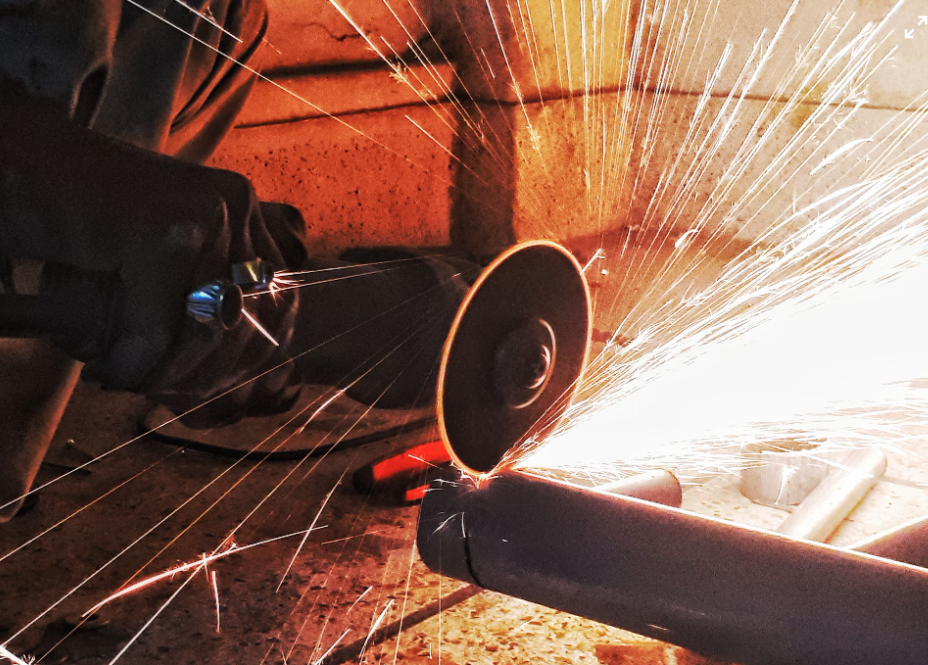
Running an industrial operation smoothly requires meticulous planning, regular maintenance, and the implementation of efficient practices. Each component, from machinery to infrastructure, plays a critical role in ensuring optimal performance. By focusing on specific areas of upkeep and innovation, industries can prevent downtime, maintain safety standards, and increase productivity.
Prioritize Routine Maintenance
Routine maintenance is the backbone of a smoothly operating industrial facility. Regular inspections and servicing of machinery ensure that any potential issues are identified and resolved early, preventing costly breakdowns. Maintenance schedules should include checking for wear and tear, ensuring lubrication of moving parts, and replacing outdated components. This proactive approach extends the lifespan of equipment and minimizes unexpected interruptions in production.
Focus on Industrial Silo Cleaning
Industrial silo cleaning plays a crucial role in storing bulk materials, and keeping them clean is essential for maintaining operational efficiency. Over time, silos can accumulate buildup, blockages, and residue that hinder their capacity and functionality. Regular silo cleaning prevents contamination, ensures material flow, and reduces the risk of spoilage or damage to stored goods. Using specialized equipment and techniques for cleaning can significantly enhance the performance and longevity of silos, ensuring smooth operations across various industries.
Invest in Protective Coatings
Applying protective coatings to critical equipment and infrastructure is a highly effective way to ensure durability and efficiency. For instance, polystyrene reactors used in manufacturing processes are often exposed to corrosive chemicals and extreme conditions. A high-quality protective coating for polystyrene reactor helps prevent damage caused by corrosion and extends the reactor’s lifespan. This investment not only protects valuable assets but also ensures that production processes run without unnecessary interruptions.
Optimize Workforce Training
A skilled and knowledgeable workforce is essential for maintaining a smooth operation. Providing employees with regular training ensures they are familiar with the latest technologies, safety protocols, and operational practices. Well-trained staff are better equipped to handle equipment, troubleshoot issues, and respond effectively to emergencies. Additionally, fostering a culture of continuous improvement encourages innovation and efficiency throughout the organization.
Implement Advanced Technology
Leveraging advanced technology and automation can streamline industrial processes, reduce human error, and increase productivity. Innovations such as predictive maintenance tools, IoT-enabled sensors, and automated monitoring systems allow for real-time data analysis and proactive problem-solving. These technologies help industries anticipate issues before they arise, ensuring smoother and more efficient operations.
Embrace Environmental Responsibility
Sustainability is becoming increasingly important in industrial operations. Adopting eco-friendly practices, such as energy-efficient equipment, waste reduction measures, and environmentally safe materials, not only supports environmental goals but also enhances the reputation of the business. Industries that prioritize sustainability often find themselves better prepared for future challenges, including regulatory compliance and changing market demands.
Conclusion
Ensuring the smooth operation of an industry involves a combination of regular maintenance, strategic investments, and a commitment to innovation. By incorporating practices like industrial silo cleaning, protective coatings for critical equipment, and workforce training, industries can enhance efficiency and longevity. A proactive and forward-thinking approach not only minimizes disruptions but also positions the business for sustained success in a competitive environment.
